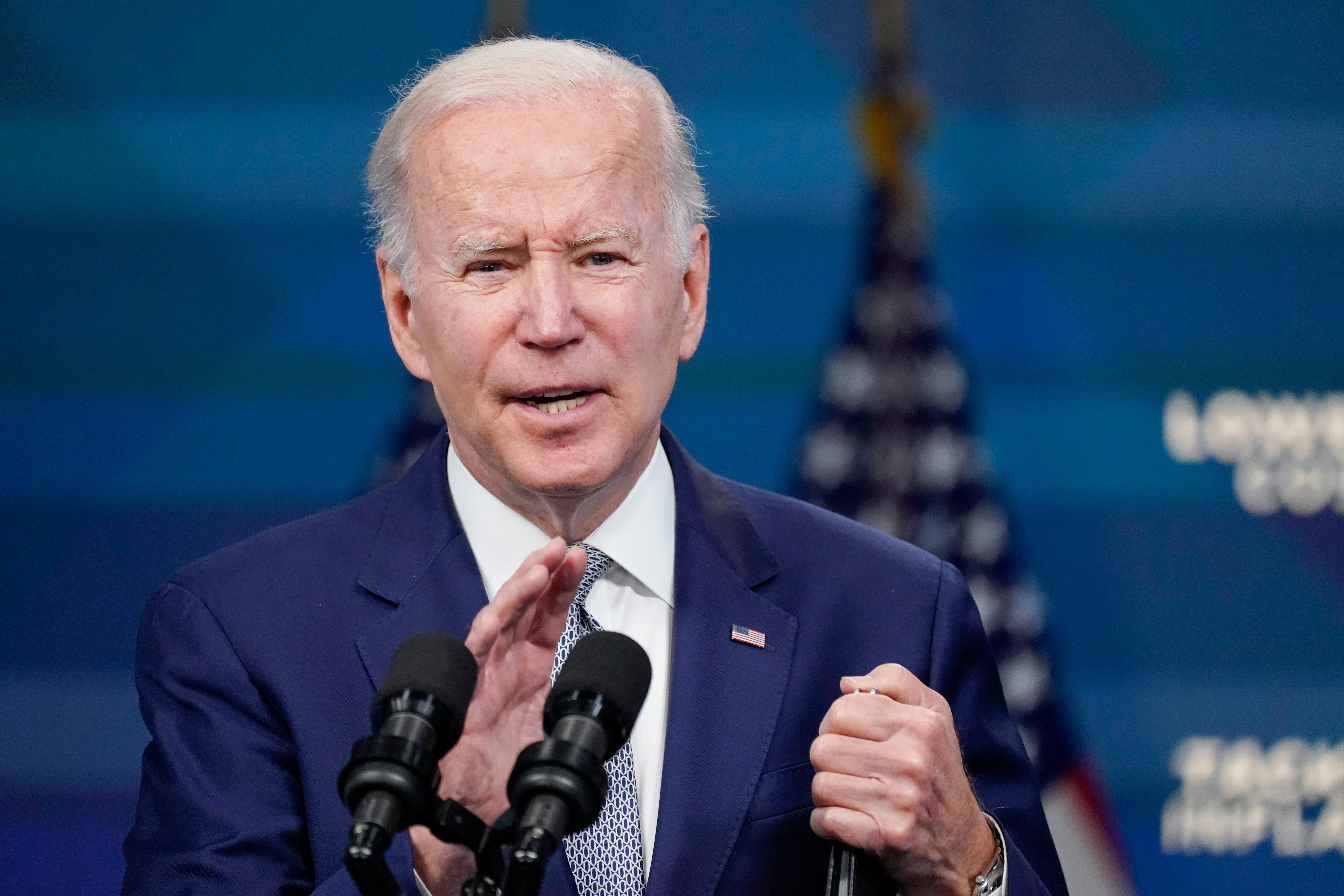Four states receive first allocations of $10B broadband fund
The U.S. Treasury Department is sending more than half a billion dollars to expand broadband access in four U.S. states

More than half a billion dollars in federal funding is now available to four U.S. states to expand broadband access as part of a sweeping national effort to bring affordable service to rural and low-income Americans, the U.S. Treasury Department announced Tuesday.
Louisiana, New Hampshire, Virginia and West Virginia are the first to benefit from this aspect of the $10 billion Coronavirus Capital Projects Fund, which is expected to bring internet service to 200,000 homes and businesses in the four states. It's part of the $1.9 trillion coronavirus relief package signed by President Joe Biden in March 2021.
“There has never been anything like the pandemic to create a national teaching moment that we cannot have equal economic and educational opportunity unless all Americans and all regions, from urban to rural America, have access to high-speed affordable internet service," Gene Sperling, a senior advisor to Biden, said on a call with reporters.
West Virginia is set to receive $136.3 million in Capital Projects Fund money, with $219.8 million going to Virginia, $50 million to New Hampshire and $176.7 million to Louisiana. The states must submit plans to the Treasury Department by September 24 demonstrating how funding could fill critical needs.
Sen. Joe Manchin said this will make a “tremendous dent” in the broadband deployment needed in West Virginia, a rural state where the largest city is 50,000. The Federal Communications Commission estimates there are more than 250,000 of the fewer than 2 million people in West Virginia lack broadband access, and Manchin said even more people are likely unconnected.
“We can't help folks recover from the pandemic or encourage new economic development in areas like West Virginia if we don’t have connectivity — it’s that simple," the West Virginia Democrat said.
The first wave of federal broadband funding to states, territories and tribal governments requires that the service providers building out their networks offer discounts to customers and provides service at download and upload speeds of at least 100 megabytes per second. Providers also must participate in the FCC’s new Affordable Connectivity Program, which requires that households with incomes at or below 200% of the Federal Poverty Guidelines be eligible for discounts of up to $30 per month, or up to $75 a month on tribal lands.
Census data show close to 16% of West Virginians live under the poverty line, which is $27,750 in annual income for a family of four this year. Manchin said “most every family in West Virginia” will qualify.
“There’s no excuse in the world for all of America, especially rural America, not to be connected," Manchin said. "And if we let this time pass, God help us all.”
The money isn’t the only recent federal allocation for broadband — billions more were approved as part of the American Rescue Plan and the bipartisan infrastructure law.
And more than 100 federal programs — administered by 15 agencies — already have some capacity to expand internet access. The sheer number of programs “has led to a fragmented, overlapping patchwork of funding,” according to a late May Government Accountability Office report.
“I’m not sure we fully used all our federal dollars well,” Sen. Mark Warner said, noting that reliable internet access is a promise the government began making in the 1990s. “Candidly, in our country, we’ve done not a very good job of making that a reality."
The Virginia Democrat said federal efforts over the last 30 years have been “kind of hamstrung,” with some networks being only partially built-out or never completed at all. Faulty FCC maps that relied on s elf-reporting by the companies overstated coverage and hindered efforts to subsidize internet service in underserved rural areas. Too many programs provided only “episodic” funding, and some of the money has gone to startups that didn’t know how to build out a network, he said.
Supporters say this program built in safeguards and accountability to make sure the funding reaches its targets. State governments will have to work with the Treasury diligently to ensure this money gets the job done.
“There will still have to be an execution risk here," Warner said. "By having both state and federal oversight, I hope we can get it right.”
Bookmark popover
Removed from bookmarks